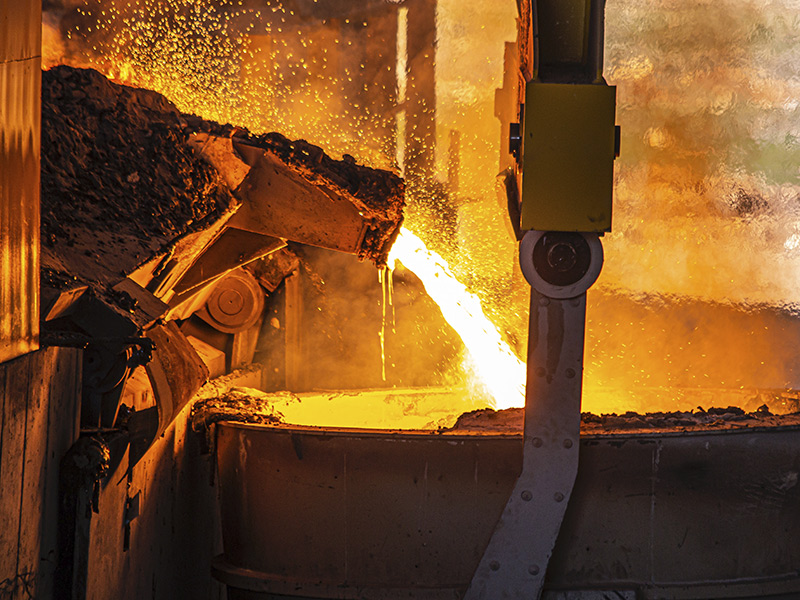Scientific Publication
Feasibility Study of Bio-Sludge Hydrochar as Blast Furnace Injectant
The steel manufacturing industry is one of the largest and most important industrial sectors in the world. However, it is also one of the most energy intensive and highest coal consuming industries which has a significant impact on global CO2 emissions. One of the aims of work package 2 of the F-CUBED project was to convert paper sludge into an energy carrier suitable to be used as an injectant in blast furnace processes.
The feedstock for pilot testing was the residue produced by a wastewater treatment plant at the Smurfit Kappa paper mill in Piteå, Sweden. The bio-sludge had a very low dry matter content, however, following the hydrothermal treatment by the Torwash® reactor and dewatering using the Limburg Filter filter press, the F-CUBED researchers managed to obtain a solid cake with between 40-50% dry matter content without the use of dewatering aids. The bio-sludge hydrochar was dried in an oven and sent to F-CUBED partners Swerim for testing and analysis of its potential metallurgical applications. Bituminous and anthracite coal were chosen as the reference samples and the three fuels were compared in terms of their basic, combustion and safety performance.
The analyses and testing showed that bio-sludge hydrochar had a lower ignition point and higher combustion efficiency which were promising results in terms of their performance for use in blast furnaces. However, there are safety issues for the fuel due to its low ignition point therefore, it was decided to test mixed samples of hydrochar and anthracite coal which has the lowest ignition point. Further analysis showed that the most promising ratio, in terms of safety and combustion efficiency, was 30% bio-sludge hydrochar and 70% anthracite.
More analyses and testing need to be done to improve the performance of bio-sludge hydrochars and increase their blend ratio with coal above 50%. However, based on the results of the study, it has been shown that there is potential for biomass and bio-sludge waste residues to be converted to hydrochars for use as blast furnace injectants with both environmental and economic benefits throughout the entire value chain.
To read the full publication please click on the link below.
Feasibility Study of Bio-Sludge Hydrochar as Blast Furnace Injectant | Zenodo
![]()

